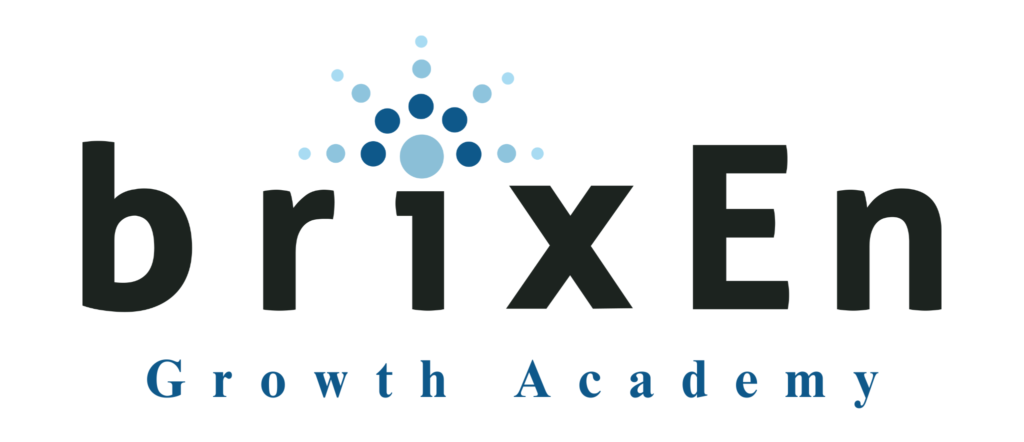In the fast-paced world of industrial automation, the role of a leader is more crucial than ever. Leadership is not just about driving numbers; it’s about inspiring a team, setting strategic goals, and fostering an environment where innovation and growth can thrive. To truly excel in this role, leaders need to develop a broad set of skills and adopt a mindset that supports continuous improvement and proactive leadership.
The Essential Pillars of Effective Leadership
Time Management and Planning
One of the most critical skills for any leader is the ability to manage time effectively. In a world where priorities can shift rapidly, knowing how to focus on high-impact tasks is key to maintaining productivity. Effective time management allows leaders to allocate their resources efficiently, ensuring that both short-term objectives and long-term strategies are met.
Goal-Oriented Thinking
A successful leader aligns their actions with clear, measurable outcomes that support the organization’s broader strategic goals. This requires a strong understanding of both the company’s vision and the market dynamics. Goal-oriented thinking helps in creating a roadmap for success, ensuring that every decision and action contributes to the overall growth of the organization.
Continuous Learning and Self-Growth
In the ever-evolving field of industrial automation, staying updated with the latest trends and technologies is essential. A commitment to continuous learning not only keeps leaders ahead of the curve but also fosters a culture of self-improvement within their teams. Leaders who prioritize their own growth set a powerful example for their teams, encouraging them to embrace new challenges and opportunities.
Leading by Example
Leadership is as much about action as it is about strategy. Leaders who embody the values and mission of their organization inspire their teams to perform at their best. Leading by example means demonstrating the behaviors, attitudes, and work ethics that you expect from your team. This approach builds trust and motivates team members to strive for excellence.
Empowering Teams through Coaching
Empowerment is at the heart of effective leadership. By coaching team members to take ownership of their roles, leaders can create a culture of accountability and growth. Coaching involves providing guidance, feedback, and support, helping team members to develop their skills and confidence. Empowered teams are more likely to innovate, collaborate, and drive the organization towards success.
Fostering a Collaborative and Inclusive Culture
Leadership is not a solo endeavor; it’s about creating an environment where teamwork and innovation can flourish. A collaborative and inclusive culture encourages diverse perspectives, leading to more creative solutions and stronger team dynamics. By fostering inclusivity, leaders can tap into the full potential of their teams, ensuring that everyone feels valued and motivated to contribute.
Proactive Leadership for Sustained Growth
In an industry as dynamic as industrial automation, anticipating challenges and opportunities is crucial for sustained growth. Proactive leadership involves looking ahead, identifying potential obstacles, and guiding the team through them. This approach not only helps in navigating crises but also positions the organization for long-term success by ensuring that it is always one step ahead of the competition.
Performance Monitoring and Metrics-Driven Management
Data-driven decision-making is essential for effective leadership. By regularly monitoring performance metrics, leaders can assess whether their teams are aligned with organizational goals and make informed decisions to drive improvement. Metrics provide a clear, objective way to track progress and identify areas for development, ensuring that the team remains on course to achieve its targets.
The Path to Becoming a Transformational Leader
Transformational leadership is about more than just meeting quotas; it’s about inspiring change, fostering innovation, and driving sustained growth. By mastering the key skills outlined above, leaders can position themselves—and their teams—for long-term success.
Remember, great leaders are not born—they are made through continuous learning, practice, and dedication to their craft.





